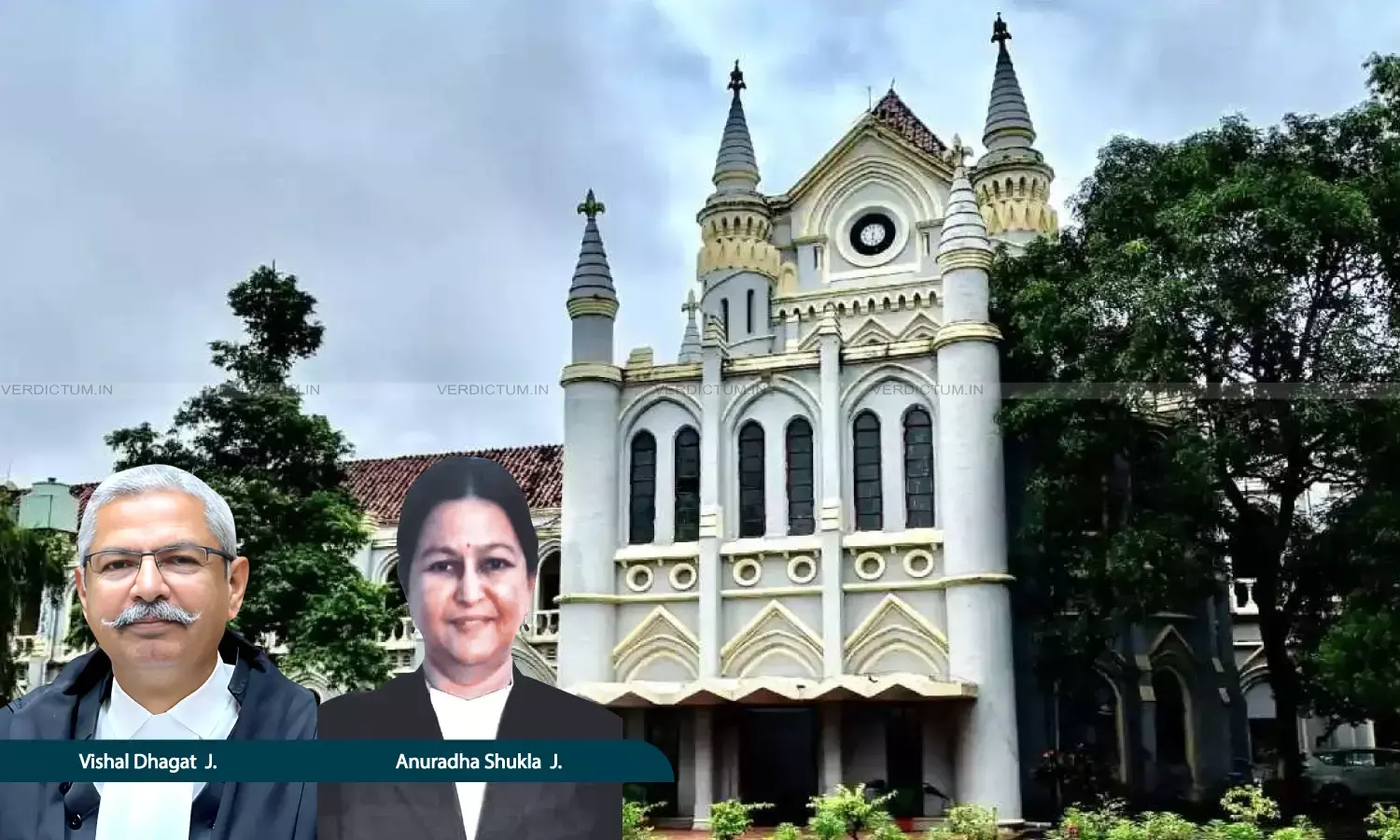Wife Setting Herself On Fire & Putting Blame On Husband’s Relatives Amounts To Mental Cruelty: Madhya Pradesh High Grants Divorce To Man
The Appellant/husband approached the High Court, assailing the impugned judgment dismissing a divorce petition filed by him on the ground of cruelty.

Justice Vishal Dhagat, Justice Anuradha Shukla, Madhya Pradesh High Court
While allowing a man’s appeal challenging the dismissal of his divorce petition, the Madhya Pradesh High Court has held that the wife’s act of setting herself on fire and later blaming the relatives of the husband would amount to mental cruelty.
The Appellant/husband approached the High Court, assailing the impugned judgment dismissing a divorce petition filed by him on the ground of cruelty.
The Division Bench of Justice Vishal Dhagat and Justice Anuradha Shukla held, “In the present case the facts established reveal that in a moment of despair, respondent/wife set herself on fire and later put a blame on the relatives of the husband. This dreadful act itself is sufficient to hold that she has committed mental cruelty with appellant/husband and the trial Court was in error in not appreciating the facts evident on record and was even more so in replacing them with his own perceived notions, therefore, a good case of interference in the impugned judgment and decree has been made out.”
Advocate Eshaan Datt represented the Appellant.
Factual Background
The parties got married in the year 2003 according to Hindu rites and rituals. Out of this wedlock, a girl child was born to them. The respondent/wife sustained burn injuries in an incident. The parties have been living separately since 2005. It was alleged that she set her clothes on fire, which was successfully put off with much effort by the appellant and his family members. After having the child, it was claimed that the wife tried to immolate herself by pouring kerosene oil. She sustained burn injuries in this incident and was admitted to the Hospital for almost a month.
A request was therefore made to allow the divorce petition and grant a decree of divorce on the ground of cruelty. The Respondent/wife contested the divorce petition, claiming that she was being harassed by the appellant and his family members and a false allegation of suicide by setting her saree on fire was made with the intention to counter the allegation made in a criminal case. The wife also claimed that after the birth of a girl child, her brother-in-law and his wife jointly poured kerosene oil on the respondent/wife and set her on fire. Aggrieved by the dismissal of the Petition, the Bench dismissed the Petition.
Reasoning
On a perusal of the facts of the case, the Bench noted that the respondent/wife suffered a painful incident sustaining burn injuries for which she held the relatives of appellant/husband responsible, but she had not produced any reliable evidence on this point and had also failed to initiate any criminal proceedings against the wrong doers.
“The excuse given for this slumbering approach is not appealing either, as the concerned respected members of society were not produced as witness before the trial Court nor were approached privately to get the dispute settled through them. On the other hand, appellant/husband has been consistent through facts and evidence to establish that the incident of burning was the result of self immolation and we do not have any reason to disbelieve this testimony and taking such a drastic step by a spouse is sufficient in itself to cause dread and fear in other spouse to avoid any bonding in matrimonial relationship”, the Bench said.
Considering the fact that the respondent/wife set herself on fire and later put the blame on the relatives of the husband, the Bench held that she had committed mental cruelty against the appellant/husband. Thus, allowing the appeal, the Bench directed, “Marriage solemnized between the parties on 29.04.2003 is declared to be dissolved under the provision of Section 13(1) (ia) of Hindu Marriage Act from the date of judgment.”
Cause Title: ABC v. XYZ (Neutral Citation: 2025:MPHC-JBP:40605)

